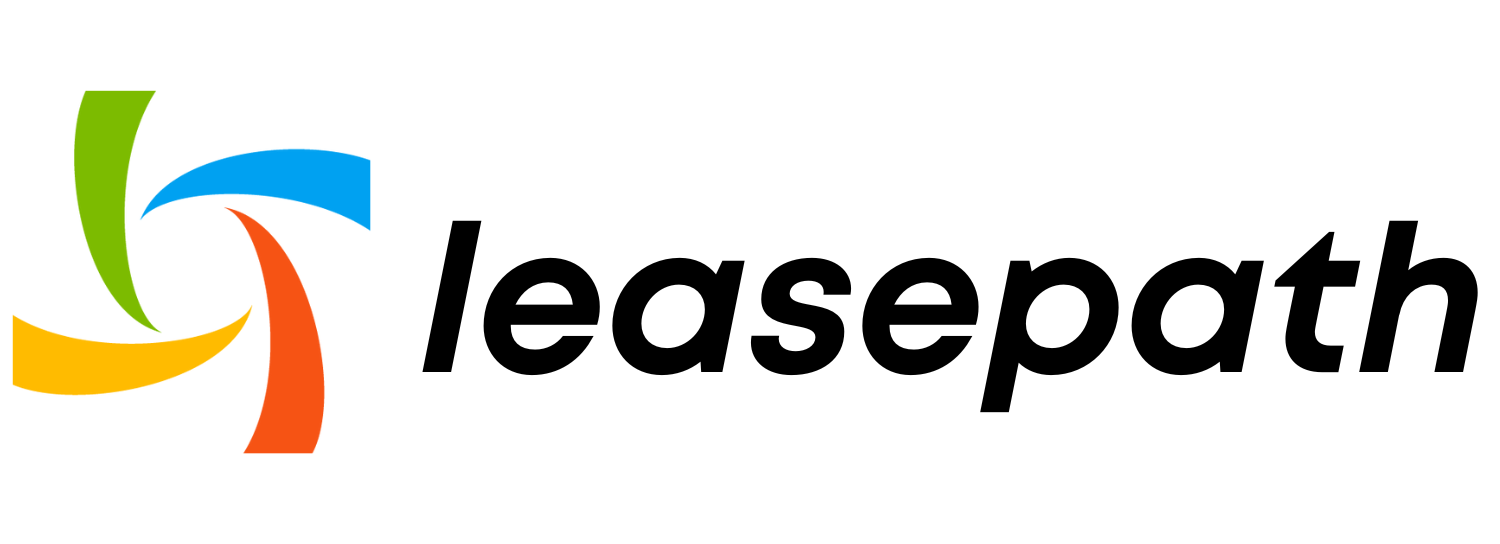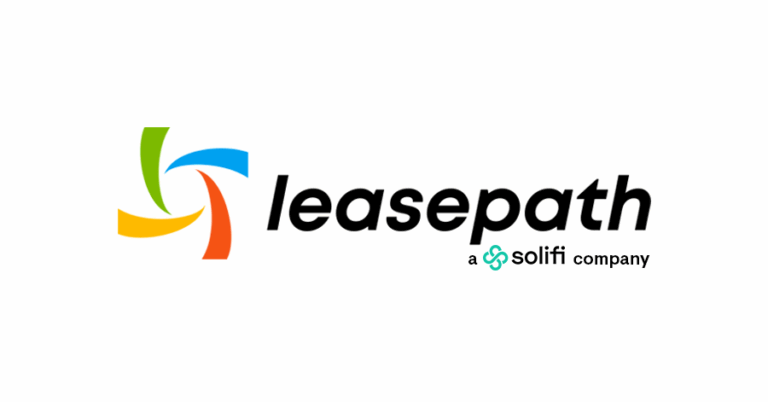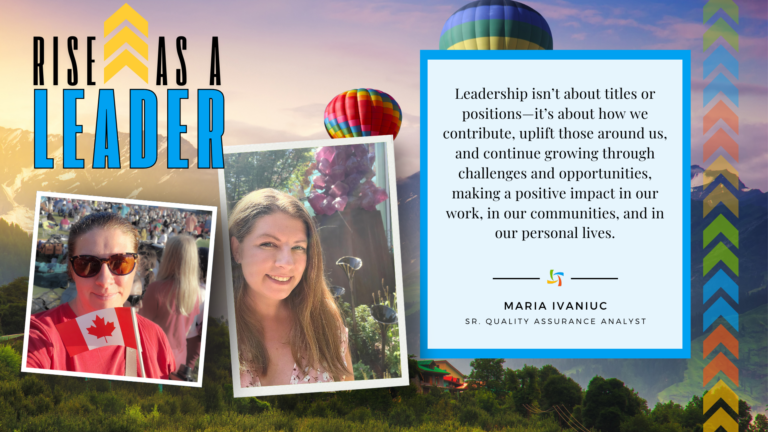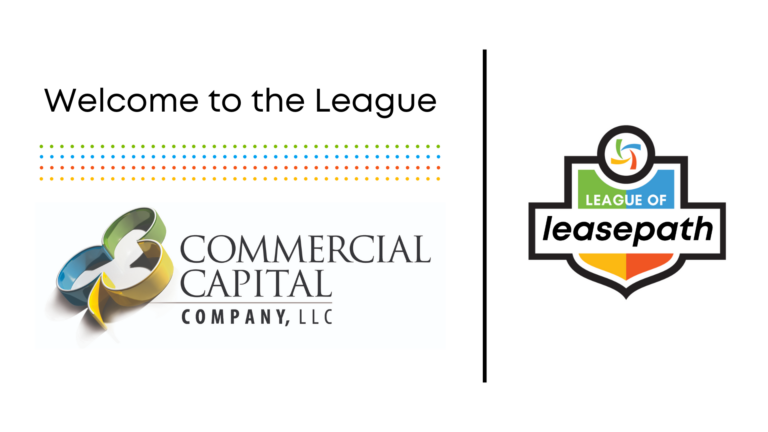Diversity, equity and inclusion efforts in the equipment finance industry have grown recently. Christopher Johnson, senior vice president and president of financial services at Pitney Bowes, and Michael Baez, vice president for professional services and customer strategy at Leasepath, spoke with Monitor about the importance of leadership in advancing these efforts.

What does diversity, equity and inclusion mean to you as a leader?
Michael Baez: Diversity, equity and inclusion means equal opportunity with equal access based on an individual’s competency, performance and willingness and ability to grow and learn. For me, it is about opportunities for leadership achievement, education and awareness that expand diversity of thought in our industry.
Christopher Johnson: When I think about DE&I, I think about it being the right thing to do at the bare minimum as a human being. But beyond that, it’s a competitive advantage. When you have it, you harness it and you really have a fully engaged and participating workforce that is connecting with its community and its marketplace, and, simply put, winning.
The Equipment Leasing and Finance Association held its first of what will be an annual Equity Forum last year. What does this event mean for the industry?
Baez: I think it is a milestone for an industry that is starting to accept a leadership role around DE&I. I have been around equipment finance for some time, and we seemed to be behind the curve of other adjacent industries in key areas such as innovation and technology. But when it comes to DE&I, if you look at the folks that work in the industry and the customers we serve, it’s clear that our business has evolved over the last couple of years. And the fact that we are embracing that, and that we have started to have dialogue around it, I think is tremendous.
I’ll be finishing up my term with the ELFA Equity Committee at the end of this year, and I’m so glad to have been part of the founding group as well as the team that helped put together the first Equity Forum.
Johnson: It brings so much joy to me to see this industry — that for all intents and purposes was a white male-dominated industry for the last 50-plus years — leaning into what I think is such an important topic for our industry, for our communities, as well as for our people and the businesses that they represent.
I am glad to have people like Ralph Petta (CEO and president of the ELFA) and Scott Thacker (CEO of Ivory Consulting) as allies. These are individuals who I think completely get it, understand the power and the opportunity that we are looking at and are consciously working to make change. And that change starts with education, an open dialogue and action.
I was overjoyed to see the first Equality Forum being organized and held. The walkaway learnings that people took out of that engagement were encouraging with the concepts of you belong, that there is work that we all can do and the simple steps that we can take to make our industry, our communities and our companies better and stronger. Once we tap into this, we are unleashing a huge competitive advantage inside of the marketplace.
With that being said, I think it’s also a great time to reflect on the opportunities that are ahead of us. And while we don’t have all the answers, I think it is the forum of the DE&I conversations that we’ve started in the ELFA Equity Committee that are going to help us discover those answers and lead us forward. I am incredibly grateful of the platform and the opportunity that I have inside of this industry, and am thankful for many, but especially Ralph and Scott’s allyship, because I think that the ELFA and their leadership are really doing a great thing here that we will look back on and be incredibly proud of 50 years from now.

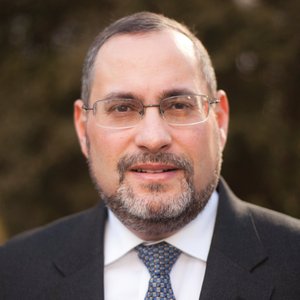
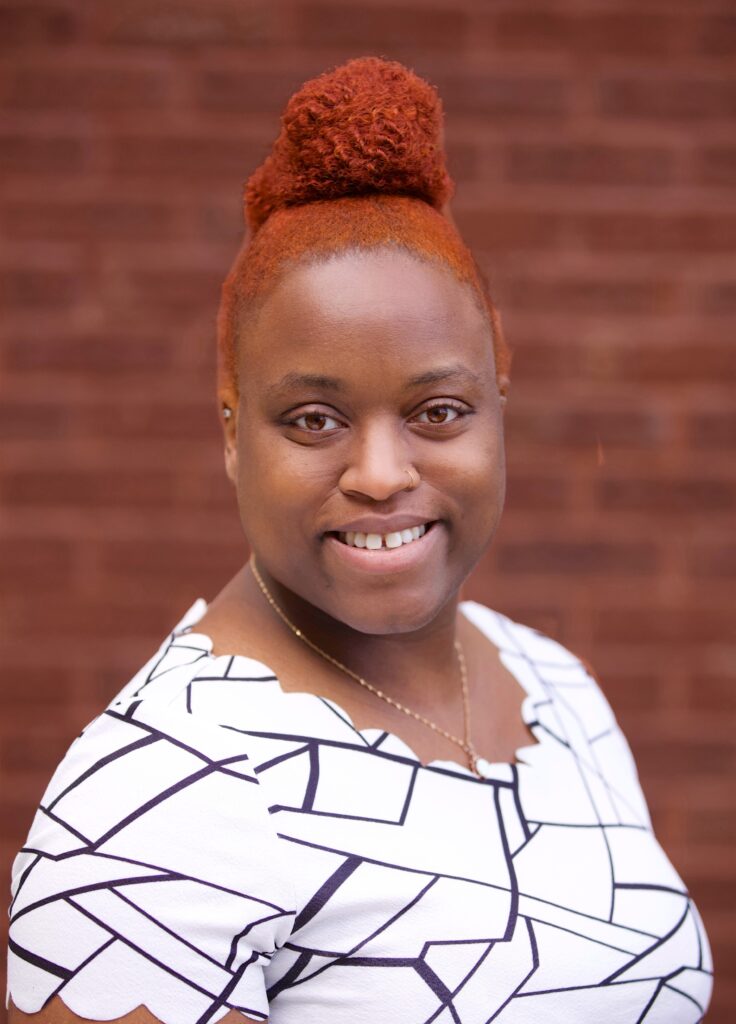
What does your company do to promote DE&I efforts?
Baez: Leasepath is a relatively small team with a great culture. My teammate, Sean Scampton, and I have the privilege of actively participating and contributing on industry committees to promote DE&I in equipment finance. We both sit on the ELFA Equity Committee and the National Equipment Finance Association’s newly formed DE&I group as well.
Johnson: There is a rich history of diversity and inclusion at Pitney Bowes. In financial services, we are striving to improve upon participation, and I see participation in a couple of different ways. One of the first ways is in terms of just getting more people of diverse backgrounds into the organization. The first step to increase participation is recruiting. So, if you think about recruiting, oftentimes people fall into the trap of hiring those who essentially look like or represent themselves. At Pitney Bowes, we’ve started to tap into the labor market in a different way and challenge ourselves to define the key qualifications of each role, enabling us hire based on skills alone.
We’ve also started to bring in folks that we know we are going to have to train and develop, but in doing so, we’ve now created learning and developmental tracks as well as rotational programs to enhance their skills so that they can succeed and accelerate in their career paths.
If we want to be more diverse, we’re going to have to be more inviting, which means we must have empathy and be able to connect with people who don’t look like the prototypical financial services professional that people have grown up to see. We must show up and invest in those communities.
How do you think companies in this industry can challenge themselves to break away from having “the only one” (minority) in the room?
Baez: I look at it more of what people bring to the table and the diversity of thought in the room. And I think it is all about promoting equal opportunities and equal access. That means removing barriers to education and awareness to allow teammates to thrive within an organization.
Before I came to Leasepath, I was with Capgemini, a consulting firm in the industry. I was part of the leadership team for one of their employee resource groups, Hispanic Opportunity Leadership Achievement (HOLA). Our mission was centered around commerce, career, community and culture. We focused on providing leadership achievement opportunities, education and awareness for our Hispanic and Latine employees which was really enlightening for me. It was a place to help fellow employees enhance their careers in a variety of areas and provide those opportunities to allow individuals to grow.
Johnson: I think a lot of allyship and sponsorship doesn’t require such a sophisticated program. It doesn’t require you to be a large company to be able to do this. I think [it takes] leadership. You’re trying to position your company to be successful over the long term and build a culture.
I, myself, am a product of investment. There were many people who took the time to teach, coach and develop me. There were people who, along the way, thought that I could be better and spent the time to coach me, to sponsor me and to provide me with opportunities that I would not otherwise have had. That is an undeniable truth. And as much as that is a truth for me, it is not a truth for enough black and brown executives or others that are in our space.
One of the first things that leaders can do is lean in and walk the walk. It doesn’t require every individual to find 10 minorities and start sponsoring them. Find one or two. Invest the time. Develop and sponsor. Teach and coach. Work on getting new recruits into your company. Provide them a platform. Help them to get comfortable into the role. We need to be cognizant, inviting, show empathy and also provide pathways where people can continue to develop and succeed.
What would you say to anyone in leadership that may have DE&I efforts or goals they want to set but are having some hesitations or doubts?
Baez: Don’t try to boil the ocean. Start small; pick a couple of key initiatives you want to focus on. If you sat in a room together with your team to come up with efforts or goals, they’ll come up with 1,000 ideas, but there is no way you can execute on that many tasks right out of the gate. Where I’ve seen great success is to pick two or three key initiatives you want to do and run with them.
There’s also a ton of ways to approach it that works best for your team and your culture. Whether it be leading a panel discussion on a topic important to your team, participating in a session on how to do business with a specific demographic, or establishing a leadership program for your team centered around DE&I, there’s just so many things that you can do. I would also say to reach out to other companies that have DE&I programs for lessons learned, or local not-for-profits that specialize in establishing best practices surrounding DE&I.
Johnson: I would encourage them to embrace that opportunity, to position their firms for long-term success and focus on creating a critical foundation so that DE&I can really take hold inside of their organizations. I would encourage them also to be authentic in the endeavor. That authenticity is built around a true empathy for their people and what they need to compete in the 21st century. I would lastly encourage that at the end of the day, while this is 100% the right thing to do, it isn’t just the right thing to do; it is the smart business thing to do as well.
Editor’s Note: Article appeared originally in the Mar/Apr edition of the Monitor.

About Michael Baez
Michael Baez is the Vice President of Customer Strategy and Professional Services with Leasepath, driving delivery and innovation for the industry-leading technology solutions provider. Michael is a subject matter specialist in equipment finance. For over 35 years, he has worked extensively in the financial services industry with global experience in equipment finance, credit risk, corporate treasury, cash and wealth management, process and risk management, operations and technology. He received both his undergraduate and post-graduate education at Long Island University. Michael serves on the ELFA Technology Innovation Working Group, and is a founding member and serves on the ELFA Equality Committee.
About Leasepath
Leasepath is the Intelligent Workplace platform for Customer Engagement (CRM) and Origination (LOS), purpose-built exclusively for the equipment finance industry. Leasepath is powered by the Microsoft Power Platform to provide a proven, cloud-first solution complete with configurable, dynamic, automated solutions for pricing, amortization calculation, asset management, tax, documentation, and integration with mission critical applications like e-mail, e-signature, and KYC credit and data providers. Leasepath is the preferred choice for equipment finance businesses to win more deals, risk less, and profit more. One of the Inc. 5000’s fastest growing companies in the US, Leasepath serves Banks, Independent Finance, Captive Finance, and Brokers across North America, the United Kingdom, and Australia. Learn more about Leasepath by visiting www.leasepath.com.
